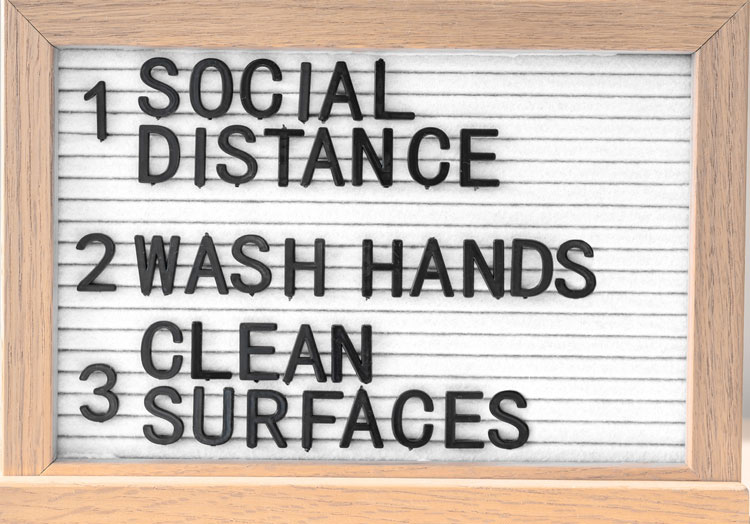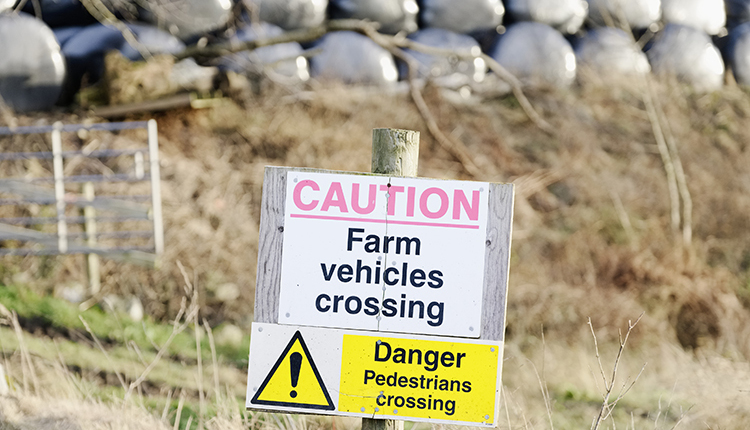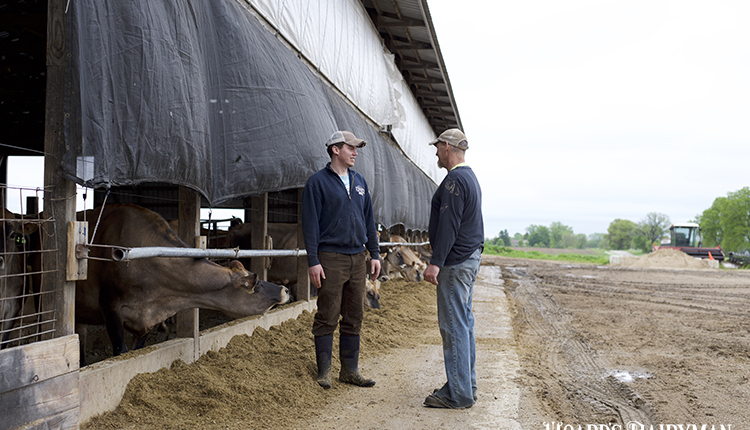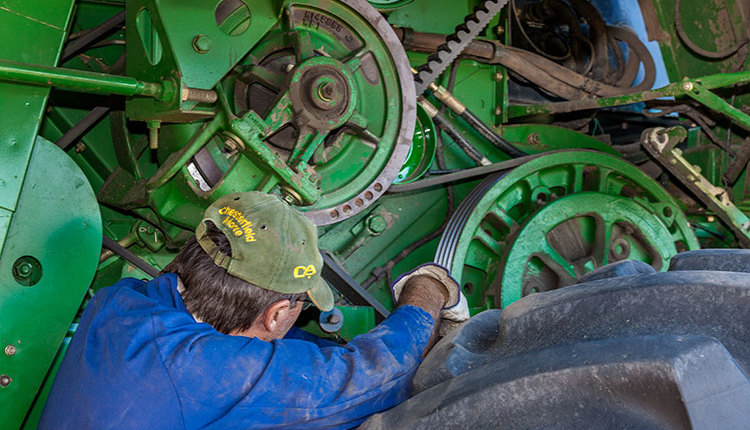
Back in the “old” days when I was a graduate student studying agricultural safety and worker health, it upset me to see the bumper sticker that read “Sh!t Happens.” After all, I was passionate about my future role as an extension specialist — hopefully helping farmers to proactively prevent injuries, deaths, health problems, or disasters that have such a big impact on our industry.
But, later, I learned that “it” does happen!
Still, there are so many things that happen on farms that result in billions of dollars in losses that can be prevented. Or, perhaps, dealt with in a timelier way by thoughtful planning and preparedness. This philosophy was also cemented for me after school when I spent three years working for the country’s largest farm insurance company. The importance of planning has also been shown in the spotlight with the 2020 global pandemic.
Just recently, our federal government published detailed farm guidelines specific to COVID-19. These Centers for Disease Control (CDC) best-practices are important for all farms and contain procedures that can be adapted for dairy farms. The guidelines also have principles crucial for any farm safety, health, or disaster situation — not just COVID-19.
Here are highlights:
Plan — The most critical thing that makes the difference between an unexpected event and a massive “disaster” is time. Without a detailed plan, precious minutes or hours are wasted. If a person is badly injured, the first few minutes can be the difference between life and death. If COVID-19 hits a farm, immediate isolation of the sick worker and insuring they are healthy before returning to work is critical. A few hours of exposure to a worker or family member shedding the virus can result in everyone on the farm getting sick. Planning activities should involve lots of input from all on the farm.
Prevent — The CDC guidelines contain an important nugget of information critical to all safety efforts—the “hierarchy of safety.” In simple terms, it is far more effective to eliminate hazards or use carefully engineered safety devices than to expect personal protective equipment to fully protect people. For dairy operators and safety consultants, further study of this safety hierarchy is highly recommended!
Prepare — Yep . . . in my 35 years since graduate school, I have learned that bad stuff does happen. Sometimes it has been predicted. But often, we do not heed the advice. It is human nature. Preparedness is about having plans in place for the events that you identify in your planning processes. It includes actions like taking first aid classes. Or having fire extinguishers in key locations. Or establishing critical relationships and protocols with local clinics and healthcare resources in your community so that if something unexpected does happen, you can act quickly and effectively to protect people, your operation, and your future.








